
In a world full of eating, it’s likely you’ve heard the term “food coma” used a few times. If you’re not quite sure what a food coma is, you’ve probably experienced it yourself at one point or another.
What is Food Coma?
Food coma is a common and dangerous consequence of eating too much food in one sitting, it is also known as postprandial somnolence or you can say sleepiness, it is a real condition that is researched and studied by various scientists. Though you can easily avoid this condition it takes a lot of self-awareness and good habits. Luckily, with a few simple tips, you can avoid a food coma and start eating more intelligently. Here are a handful of 8 Tips You Should Know for Preventing Food Coma to cure it fast!
8 Tips You Should Know for Preventing Food Coma
1. Be Mindful of Your Portions
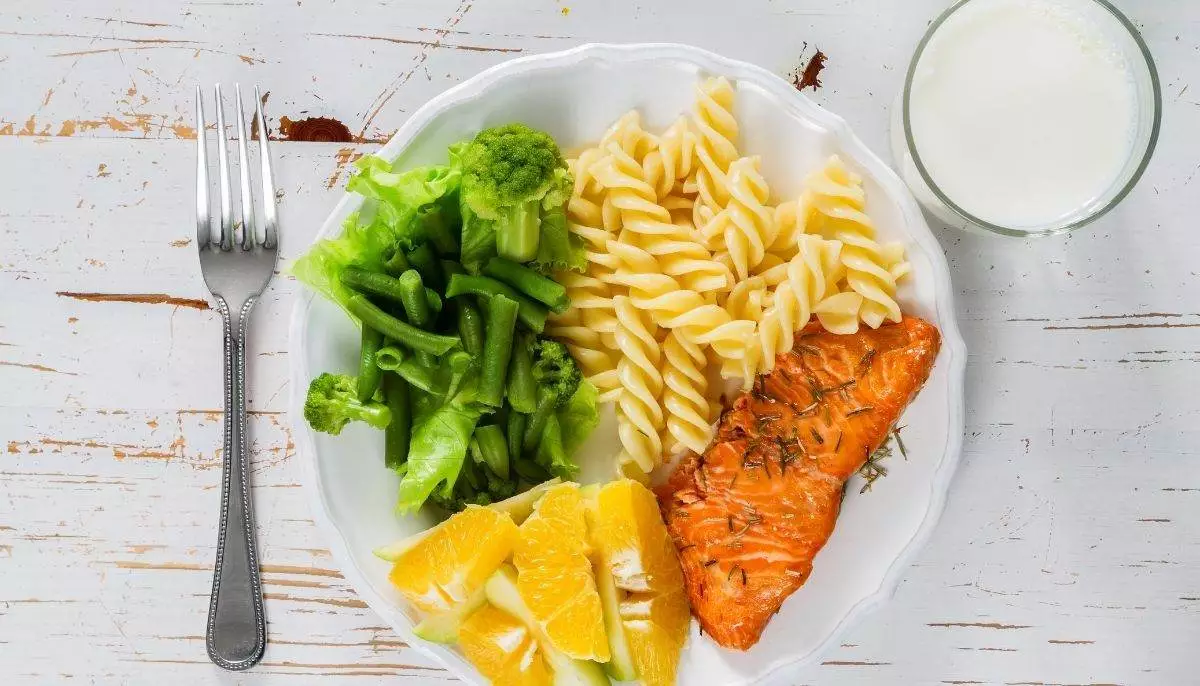
The number one rule of thumb when it comes to preventing a food coma is to be mindful of your portions. This isn’t about restriction or having to live a life of bland meals. It’s about being aware of the amount of food you are consuming at every meal and then adjusting accordingly. If you’re eating out, research the menu beforehand so you have an idea of what a serving size looks like for each dish.
This can help you to avoid overeating and help prevent a food coma after your meal. Around the house, make sure you have plenty of smaller plates and bowls around so you can serve smaller portions. This will make you more mindful of the amount you’re eating and make it less likely you’ll overeat.
2. Try a Protein Shake or Bar

If your meal includes a large number of carbs, like rice, pasta, or bread, you’ll likely experience a sugar rush and then a crash that can lead to a food coma. To avoid this, try switching out carbs for protein in your meal. This can be as simple as swapping rice for a protein shake or bar. Protein digests more slowly, which means it releases energy over a longer period of time.
This helps to avoid the sugar rush and crash you would feel from simple carbohydrates. You can do this with any meal that includes carbs. There are plenty of healthy and delicious protein-based meals out there. You can also try replacing the carbs in your meal with healthy fats instead. This can help you to feel fuller for longer and prevent a food coma.
3. Don’t Eat too Late at Night

Your metabolism slows down slightly after eating, meaning the food you just ate is being processed and converted into energy for your body. This is what kick-starts your metabolism for the day ahead. However, if you eat too late at night, your metabolism begins to slow down before you even wake up in the morning.
This means you aren’t metabolizing as much food and converting it into energy, which can lead to a food coma. This is particularly important if you are trying to lose weight. When you eat late, it can lead to your body storing more of the food you just ate as fat.
4. Exercise Before your Meal
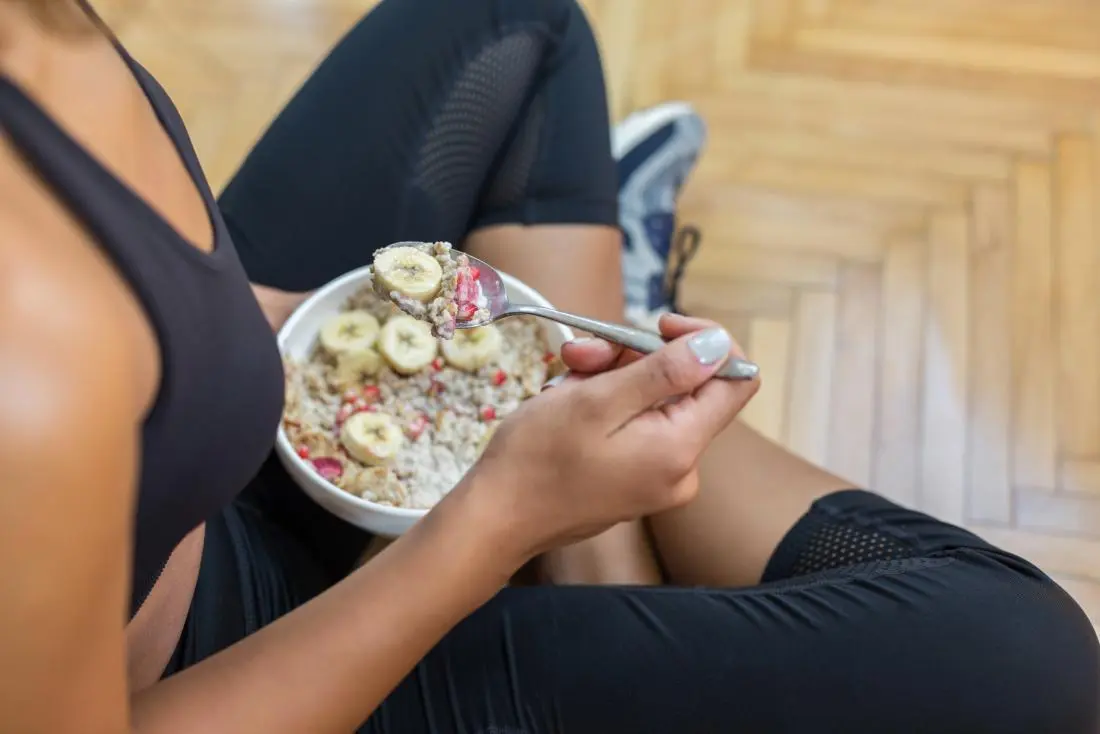
If possible, you should exercise before the meal you’re most concerned about avoiding a food coma after. This will boost your metabolism, meaning your body will be able to metabolize and process more of the food you eat before it has a chance to convert it into fat. Also, when you exercise you burn glycogen.
This is the fuel your body stores in your muscles and liver, and it’s what your body uses to power you through exercise. This means you can eat more at your meal without experiencing a food coma, as your body has already used up some of the fuel it would have used to digest your meal.
5. Add Fiber to your Meal
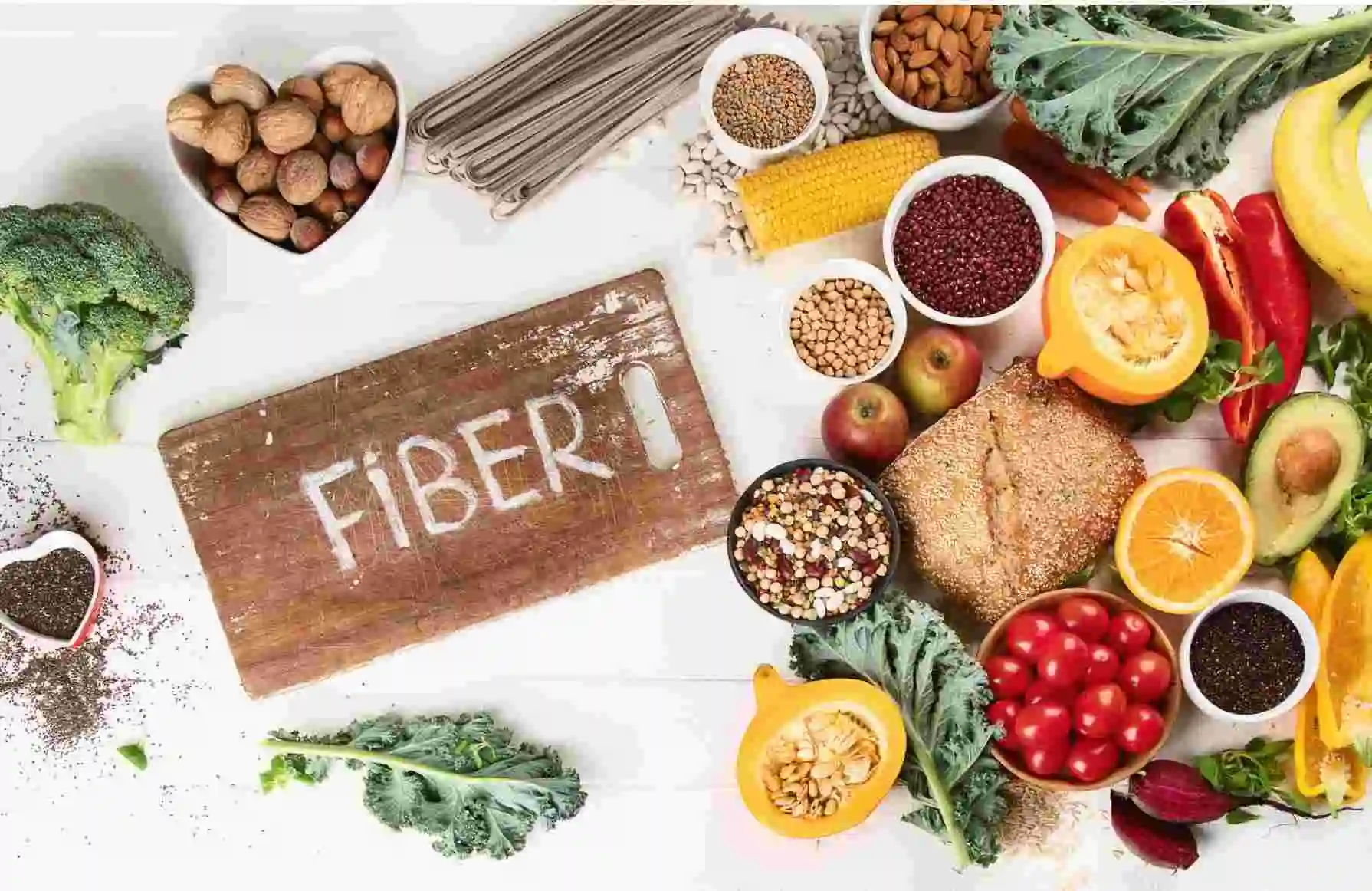
You can also add fiber to your meal to help avoid a food coma. Fiber helps to slow down the digestion of food. This means your body will take longer to process the food and convert it into energy. This can help to avoid a food coma. If you’re eating a meal that’s high in carbs and sugar, wrapping it in fiber can help to mitigate the effects of that meal.
Try adding more leafy greens to your meal. When it comes to preventing a food coma, greens are king. Not only do they add a significant amount of fiber to your meal, but they also naturally contain antioxidants that help to fight off free radicals in your body.
6. Don’t Rely on Heavy Carbs for Energy
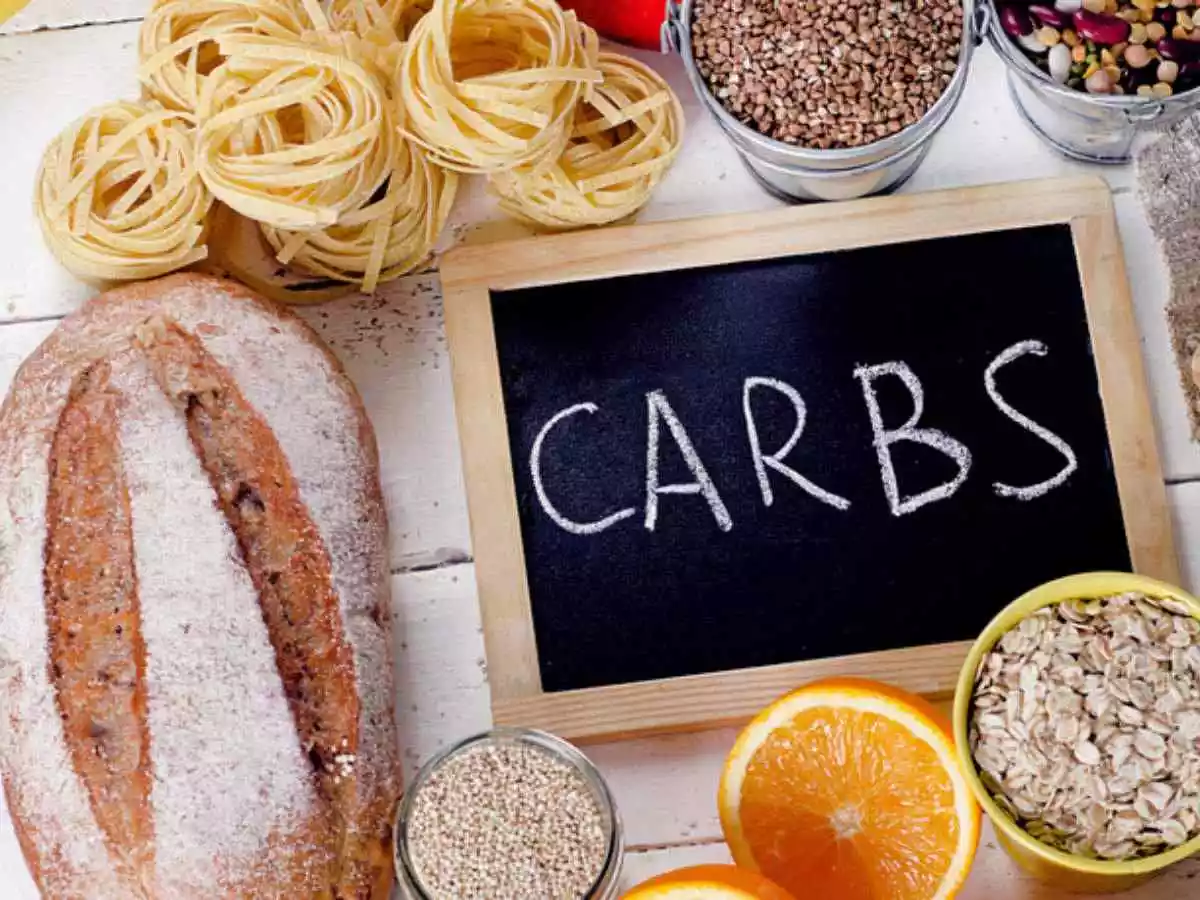
If you need to increase your energy levels, you might be tempted to load up on carbs and sugars. However, this can actually have the opposite effect and make you feel more tired and lethargic. When you eat foods that are high in quick-release carbs, like sugary, processed foods, your body has to process them quickly.
This means the fuel you consume doesn’t last very long and you’ll be hungry again quickly. If you want to feel more energized and avoid a food coma, try eating foods that are rich in slow-release carbs instead. These will be digested at a slower rate and keep your energy levels high for longer.
7. Eat Leafy Greens with Every Meal
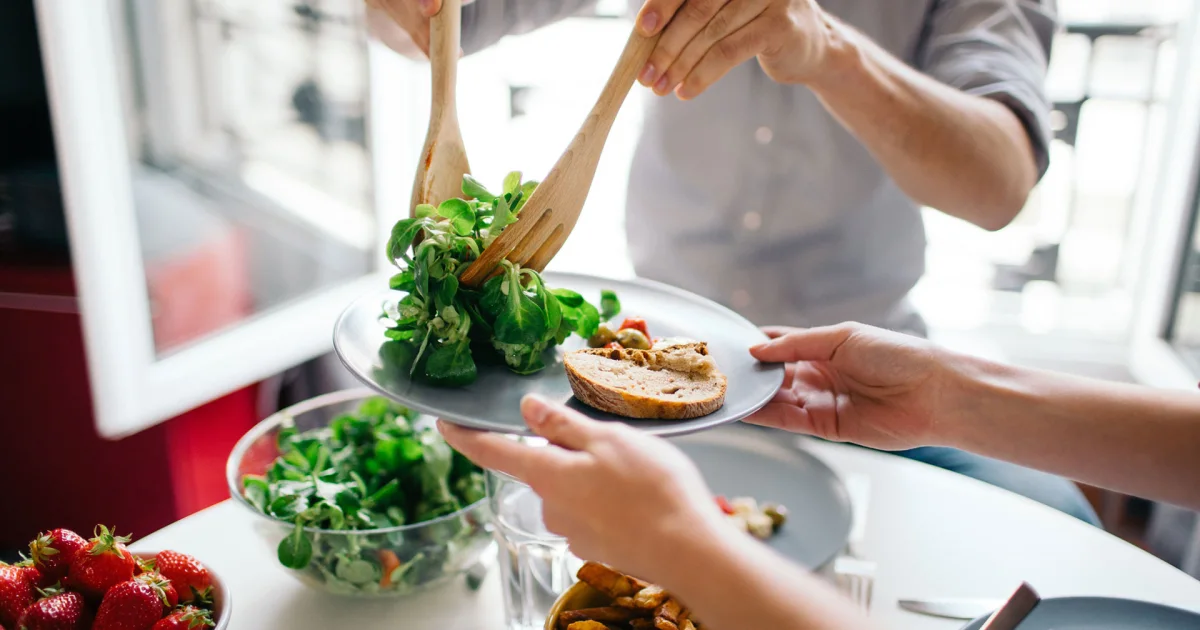
If you have a meal that you are particularly concerned about avoiding a food coma after, try adding a handful of leafy greens to the meal. This will help you to avoid a food coma and feel full for longer. When you’re eating alone, greens are a great way to add additional nutrients and vitamins to your meal. You can use them to replace heavy carbs or high-fat foods in your meal. For example, if you’re having pasta for dinner, you could try replacing the pasta with a handful of spinach. If you’re having a sandwich, you could add a lettuce leaf to the inside.
8. Stay Hydrated

If you would like to avoid a food coma, hydration is key. When you’re dehydrated, your body takes longer to process the food in your stomach and digest it into energy. This means you feel hungrier sooner and are more likely to experience a food coma. To avoid this, try to drink 8 glasses of water per day. You can also add fizzy water to your diet for a little extra kick.
Fizzy water has minerals added to it that help to hydrate your body, meaning it’s also great for kicking up your metabolism. When it comes to avoiding a food coma after every meal, you have to be prepared. It’s not something that just happens to a select few; it’s something that can happen to anyone who isn’t careful about what they’re eating. By being mindful of your portions and the ingredients in your meals, you can avoid a food coma after every meal.
🌟 FAQ related to Tips You Should Know for Preventing Food Coma
✅How can you prevent Food Coma?
If you’re constantly tired after meals, visit your doctor to check thyroid and adrenal issues, allergies, and nutrient deficiencies. Try one of these ways to avoid occasional food comas.
➤Round out your meal: To help regulate your blood sugar, balance high-carb meals with fat and protein or fat.
➤Eat mindfully: Eating slowly allows your body to move from the hormone ghrelin to the hormone leptin, which tells us when we’re satisfied.
➤Get moving: Eating causes us to breathe less, which raises CO2 levels in our bodies and can cause fatigue, so take a long walk after a meal to improve the quantity of oxygen in your system.
✅How long does Food Coma last?
There has been no research specifically looking into how long food comas last. However, some studies show that the effects of a large meal might persist for up to 4 hours. This is supported by anecdotal reports of people feeling tired up to a few hours after eating. Keep in mind that other factors, such as a bad night’s sleep or consuming alcohol, can affect the length and severity of your exhaustion.
✅Is Food Coma harmful?
Food coma is not harmful to the body. Although experts aren’t sure what causes a food coma, all proposed theories involve your body’s normal physiological responses or processes. It’s normal to feel sleepy after eating, and it’s nothing to be concerned about – though fatigue can be harmful in certain situations, such as driving or operating heavy machinery.
✅What is Food Coma?
The feeling of being tired after eating a meal is known as a food coma. Because many people see the effects in the early afternoon after lunch, it’s also known as the “post-lunch dip.”
You may notice the following signs and symptoms:
➤sleepiness
➤lethargy
➤physical exhaustion
➤low energy levels
➤poor concentration
Conclusion
Eating too much food in one sitting can lead to a dangerous food coma. To avoid this side effect, wait until your stomach is completely empty before you eat. When you have something delicious in front of you, it’s natural to want to eat as much of it as you can. Unfortunately, when it comes to most meals, that strategy can lead to a post-meal slump and not the happy glow we might have been hoping for.
However, if you’re working hard to avoid the dreaded food coma after every meal, things get much easier. Follow these 8 tips discussed above to start feeling more energized and stop gaining weight unintentionally.







